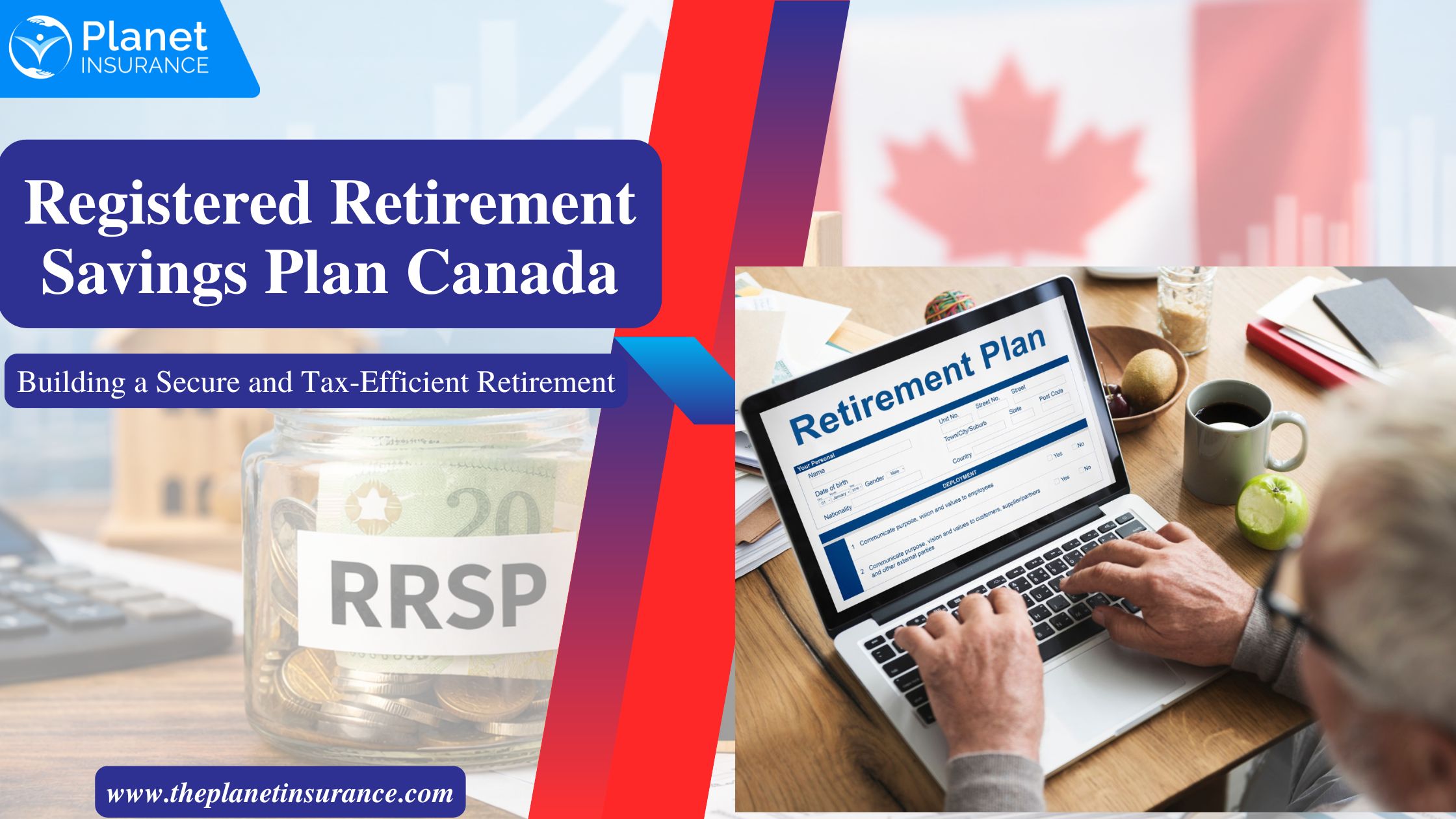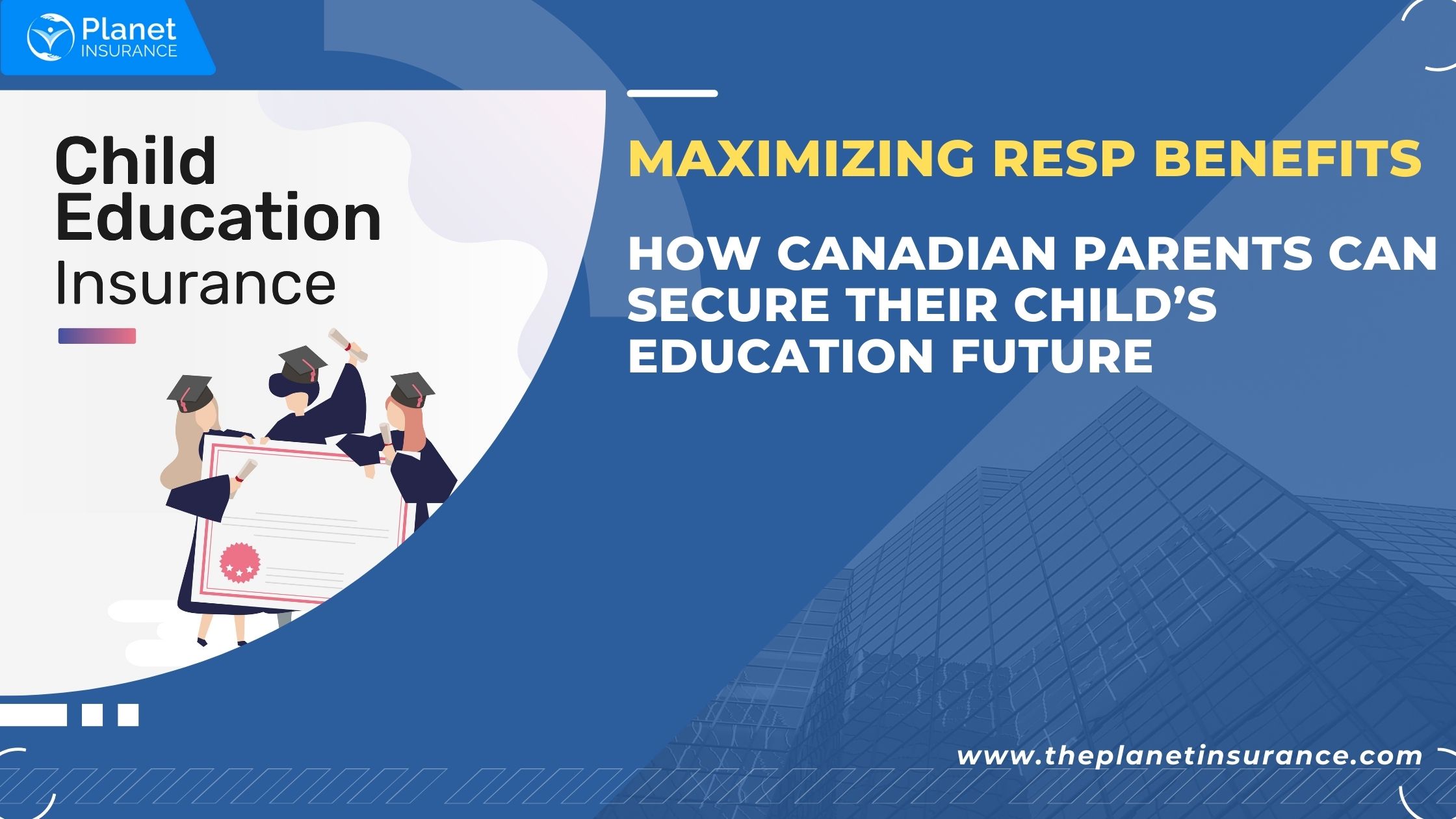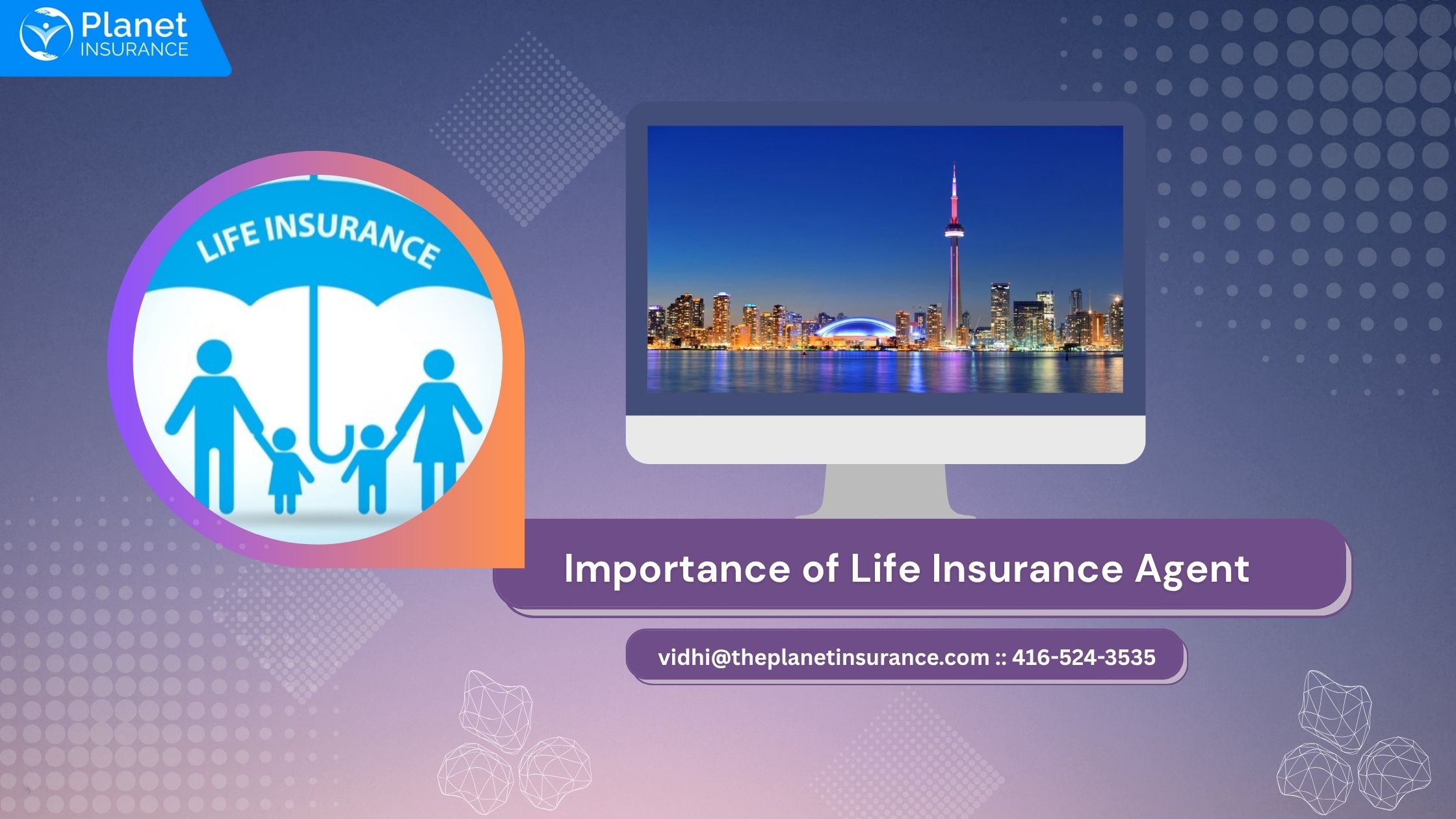Term life insurance stands out as one of the key financial safety nets for Canadians. Fuelling the day-to-day life of the family can feel overwhelming after the loss of the breadwinner. Term life insurance can ease this burden—to settle the mortgage, stay afloat while the kids finish school, or to cover any other financial surprise. In this post, we show why having this coverage matters and what to consider when you buy your policy, using trusted from different carriers across Canada.
Why Term Life Insurance Matters
Financial Protection for Dependents
In case of any unfortunate incident happens to you resulting death, your family could face serious money problems. Term life insurance in Canada gives a lump sum so they can pay off debts, cover everyday bills, afford college tuition, or keep making the house payments. That way, money issues are one less worry when they are already dealing with a tough loss.
Cost-Effective Coverage for Specific Periods
Term life covers you for set number of years—like 10, 20, 30 or 40—and then it ends. Because of this, the monthly payment, or premium, is a lot less than with permanent insurance. This lower cost is a big help when you probably need the most safety—while you are raising kids or still paying the mortgage.
Flexibility and Simplicity
You will be working closely with Planet Insurance advisor in Ontario, Canada so they can understand your coverage need on different factors. Many insurers let you switch a term policy into permanent insurance or add riders, like critical illness insurance. Term life is one of the easiest policies to understand: pay your premium, have the policy, and the death benefit goes to your loved ones if you die during the term.
Peace of Mind for Major Life Events
The policy’s end date often lines up with when you take on big bills—a new mortgage, a growing family, or other long-lasting debt. Knowing these bills will be covered if something goes wrong can help you relax during big life changes.
When you get a term life insurance policy in Canada, you want to be sure it really helps you and your family. Keep these tips in mind:
- Coverage Amount (Face Value)
Think about what your family will realistically need later. Add up debts like your mortgage and other loans, plus future costs like your kids’ schooling and day-to-day family bills. The idea is to at least replace your lost salary. Many experts recommend coverage that is seven to ten times your yearly pay, but you may need more or less based on your life insurance and upcoming bills.
- Term Length
Make sure the term lines up with your biggest responsibilities. If it’ll take you 25 years to pay off the mortgage, that should be your minimum. If your kids will be finished school in 20 years and will just need daily living costs while they find work, that’s the term you like. Don’t forget that you may have more future bills you can’t always see.
- Age, Health, and Habits
Your age, health, and risk-taking habits influence what you pay. The younger, fitter, and smoke-free people pay lighter premiums. Keep in mind things like your family’s health background and any hobbies that could be considered dangerous.
- Fixed vs. Renewable / Convertible Options
Fixed premiums stay the same for the years you choose. If you start with 20 years, the monthly bill will be the same. Renewable, on the other hand, lets you add more years, but the rate usually goes up a lot. You can check Convertible, which lets you change term life insurance to permanent life insurance later without more testing.
Convertible policies let you change from term insurance to whole life or universal life without another medical exam. This feature gives you options if your situation shifts later on.
- Premium Payment Frequency
Often, paying the whole year in one lump sum is cheaper than month-to-month. Also, know ahead of time what happens if you miss a payment or let the policy lapse.
- Riders and Additional Benefit
Riders are extras you can add, such as critical illness or an accidental death benefit. They cost more but can offer extra safety. Evaluate if you really need these add-ons and if the policy you are considering offers them.
- Insurance Provider & Claim Reputation
Plant Insurance advisor will look for strong reviews, a clear claims process, and solid financial ratings which choosing a carrier for you
- Policy End at the Term
Know what the policy does when the term is up. It might end, renew at a higher cost, or convert to permanent. Ending coverage means you are uninsured. Renewal premiums will likely rise because of your age. If it can convert, you can switch to lifelong insurance without a health check, so prepare for that at least six months before the contract expires.
Term life insurance is a smart, cost-effective way to protect your family and handle financial obligations during crucial phases of your life. By choosing the right coverage amount, term length, insurer, and options, you can ensure your loved ones are protected without unnecessary expense.
At Planet Insurance Canada, we help you navigate these decisions so you can pick a policy that fits your financial goals and life stage. If you’d like, we can run quotes for a few term lengths & coverage options tailored for you—just send me your age, health status, and what financial responsibilities you want covered, and I’ll do that for you.



















